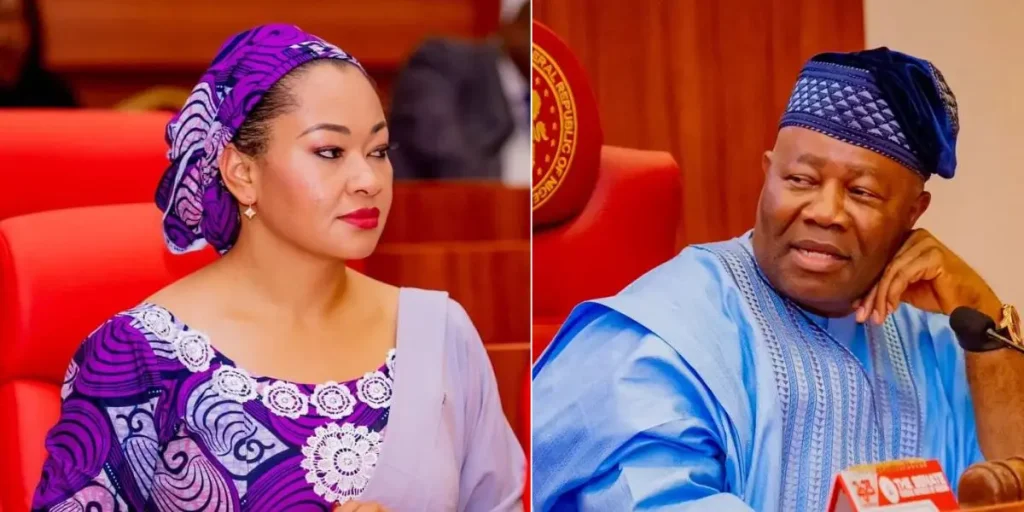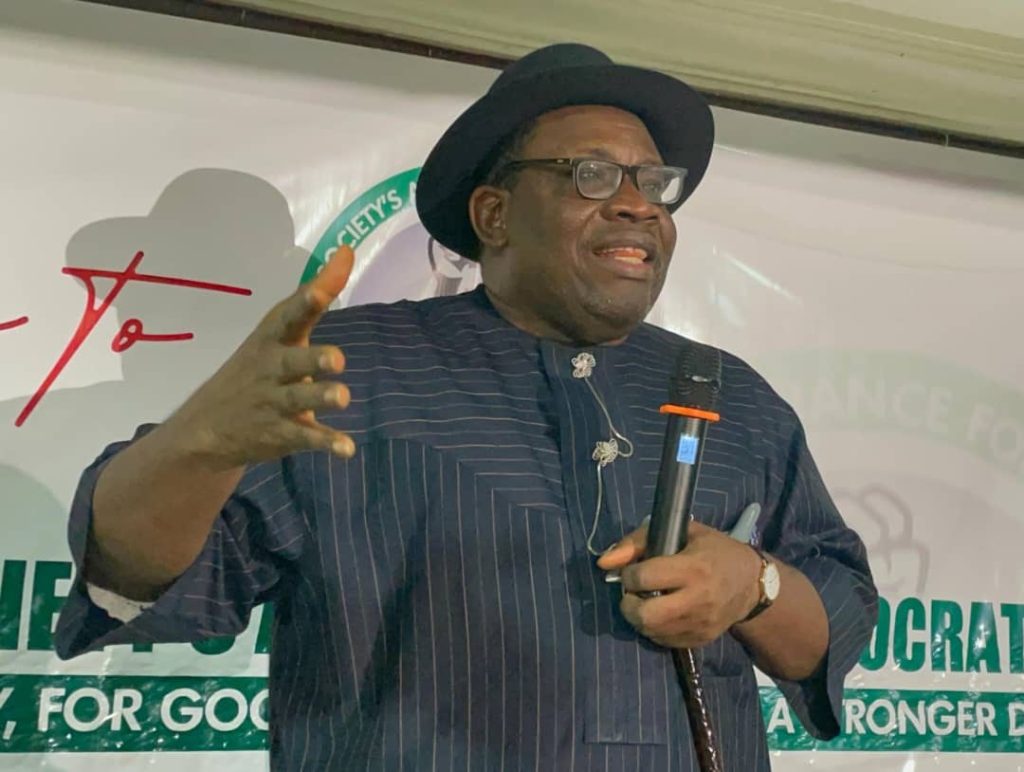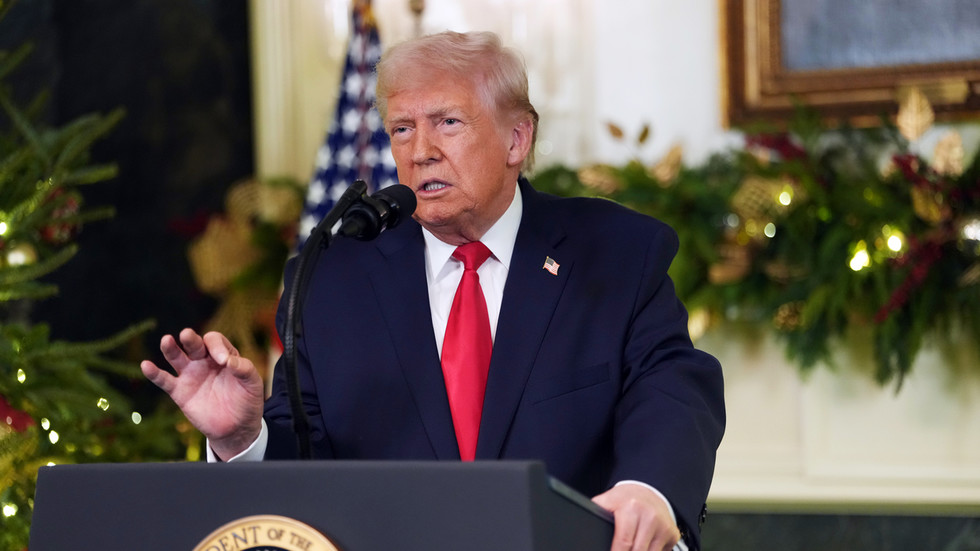Primate Elijah Ayodele, the leader of INRI Evangelical Spiritual Church, has delivered a string of warnings to various African presidents, cautioning them about potential dangers and setbacks arising from their policies. In a statement released by his media aide, Osho Oluwatosin, Ayodele forecast a series of events that could unfold in several countries, including Chad, Côte d’Ivoire, Kenya, Mozambique, Zimbabwe, Guinea, and Mali.
Ayodele’s warnings highlighted the pressing need for these leaders to reassess their strategies in order to mitigate the risks and avert potential catastrophes. In Chad, he urged the president to look beyond his current position, as strong opposition to his policies is anticipated. The cleric also sounded the alarm about a looming threat to Success Masra, warning that plans are underway to attack and assassinate him, similar to the fate of his father.
In Côte d’Ivoire, Ayodele highlighted the growing discontent among the population with Ouattara’s government. He advised the president to review and revamp his security team to avoid facing an uprising. The situation in Mozambique is equally dire, with the president’s decisions predicted to lead to failure and spark widespread calls for his removal. Ayodele also warned of an impending uprising against the government, marked by shootings and major crises, which could pose a significant security threat to the country.
In Kenya, Ayodele cautioned President Ruto that his policies will continue to draw public opposition, which may jeopardize his chances of securing a second term. He also foresaw mass resignations from Ruto’s cabinet and warned against being misled by Odinga. To avoid eventual failure, Ayodele urged Ruto to restrategize and exercise caution in his military structure.
Zimbabwe’s president is also facing a difficult situation, according to Ayodele’s warnings. A poor decision by the president will have negative consequences, and some of his associates will expose his secrets. Furthermore, the country’s weak economy will lead to continued debt, and the president must prioritize his health and the protection of someone close to him.
Ayodele further sounded the alarm about the president’s aspirations to become a life president, emphasizing that only divine intervention can stop him given the weakness of the opposition. In Guinea, the president’s transition toward civilian rule will be marked by plots to stage coups, and Ayodele warned him against trusting those around him due to the presence of treacherous plans.
Lastly, Mali’s leader was advised to anticipate a coup, with both internal and external forces aligning against him. To avoid a bloody overthrow, Ayodele urged the leader to seek divine guidance. These warnings underscore the increasing complexities and uncertainties in the region and highlight the pressing need for effective leadership and strategic policy-making to address the mounting challenges.
As these countries navigate their respective crises, the pressure is on their leaders to demonstrate their capacity for wise decision-making and pragmatic problem-solving. By acknowledging the potential threats and taking proactive steps to address them, these leaders can potentially mitigate the risks and usher their nations toward a more stable and prosperous future.



